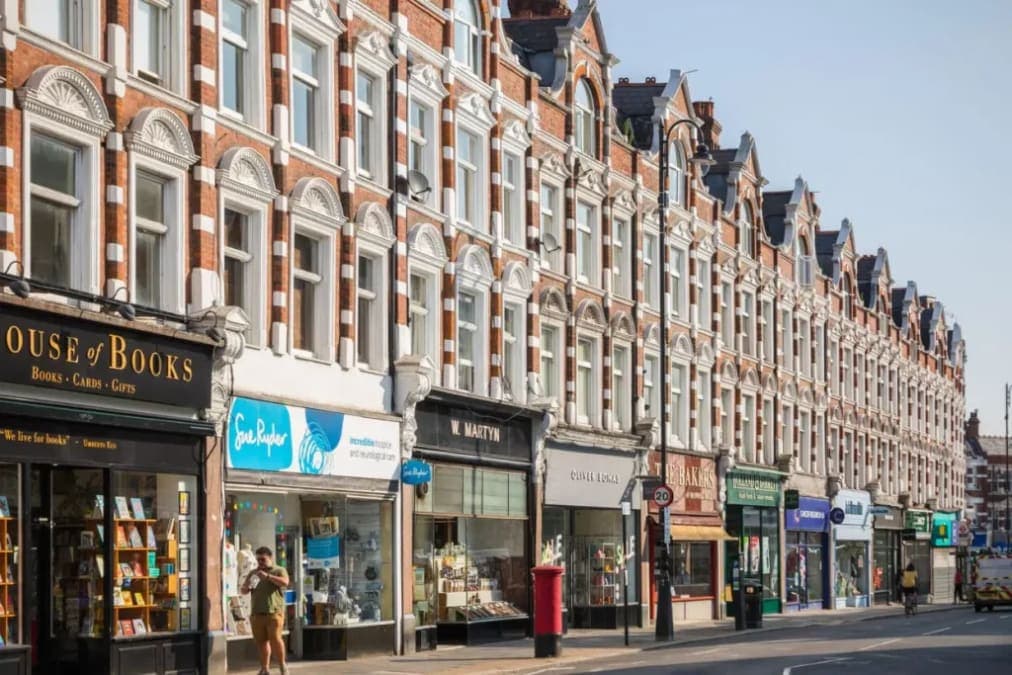High Street Survival: The Political Battle for Local SMEs


A Lifeline for the UK High Street
The UK high street has long been the centre of local economies and community life, but it is now under pressure from rising rents, online competition, and changing consumer habits. Many small businesses that give towns their character are struggling to stay open.
The Conservative Party has announced a proposal to scrap business rates for most high street firms, aiming to ease the burden on small and medium enterprises. Under the plan, retail, hospitality, and leisure businesses in England would receive a one hundred percent rebate on business rates up to one hundred and ten thousand pounds. Local councils would be reimbursed by central government, turning a major fixed cost into a temporary relief. Supporters believe this could boost local economies and protect jobs, while critics warn that it may only provide short-term help without fixing deeper structural issues.
A Tax System in Need of Reform
Business rates are often viewed as one of the biggest barriers to high street survival. The tax is based on property value rather than turnover, which means physical shops and cafés pay more than online retailers with warehouses or virtual storefronts. For many small businesses, business rates come second only to rent and wages as their highest expense.
Industry experts have pointed out that some small firms now spend more on business rates than on energy bills. In a period of high inflation and reduced consumer spending, this pressure has forced many independent retailers to downsize or close. The current system, critics argue, does not reflect the realities of modern retail or support innovation in local commerce.
Politics on the Pavement
The battle to save the high street is as much political as it is economic. High streets represent more than just shopping; they symbolise local identity, entrepreneurship, and community spirit. By pledging to remove business rates for most small firms, the Conservatives are positioning themselves as champions of local business and regional growth.
The Labour Party, meanwhile, argues that the government’s approach addresses symptoms rather than causes. Labour officials have suggested that the tax system needs to be redesigned to ensure fairness between physical and online retailers. Policy experts have proposed alternatives such as a land value tax or an online sales levy, redistributing the financial burden in a way that reflects the digital age. Others call for broader investment in transport, broadband, and planning reform to help high streets adapt.
Reinventing the Local Economy
Many small businesses are finding creative ways to survive and thrive. Independent retailers and cafés are increasingly blending physical and digital operations, using e-commerce platforms alongside in-store experiences. Local councils are also rethinking town centres as community spaces with markets, cultural events, and shared working areas to attract footfall.
There is growing evidence that consumers still value local shopping, personal service, and the social connection that comes with visiting independent businesses. However, without affordable rents, modern digital infrastructure, and supportive local policies, high street regeneration will remain uneven across regions.
Short-Term Relief or Real Renewal
The proposed business rates rebate could bring immediate relief to small business owners, but the long-term future of the UK high street depends on more than temporary tax cuts. Real recovery will require structural reform, investment in digital transformation, and policies that make it easier for entrepreneurs to innovate.
Saving the high street is both an economic and political challenge. It will test whether the government can deliver fairness between large and small businesses, between online and offline models, and between national ambition and local need.
For Britain’s high streets to truly recover, they need more than a rebate; they need a renewed vision for sustainable growth, digital inclusion, and community connection.
About the Author
This is Small and Medium Enterprises News Official News Desk
